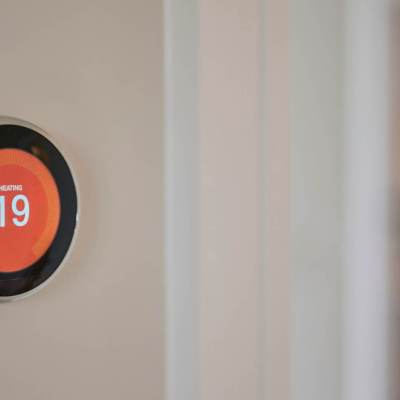How do I calculate the cost of my monthly mortgage payments?
Mortgages can often feel complicated at first, so it’s no surprise that many first-time buyers search the web for calculators to do the math for them. Essentially, your monthly payments incorporate three elements: the amount you are borrowing, the length of your repayment plan, and the interest rate you are paying on top.
St Modwen Homes’ mortgage calculator can help you gain an overview of how much your new home may cost each month. However, if you are on an adjustable-rate mortgage, you will need to make these calculations monthly depending on the varying interest rates.
What Are The ‘Hidden Fees’ Associated With Mortgages?
Once you have made your calculations, what are some of the most important things to know about mortgages?
You may have saved an impressive deposit and reduced the amount you need to borrow for your mortgage, but there will still be valuation fees charged by the lender. These fees will be used to assess what they agree the property is worth, and if the lenders are prepared to loan you the money for it.
You will need a solicitor or licensed conveyancer to carry out any legal work involved in buying your property, so ensure you factor all of these ‘hidden’ costs into your finances!
One fee that is often overlooked is the electronic transfer fee for the mortgage lending – which covers the lender’s cost of transferring the mortgage money from the lender to the solicitor. Although in the grand scheme of things it’s not much, it is something you need to be aware of.
What Is Stamp Duty, And How Does It Affect First-Time Buyers?
(Stamp Duty – 165k monthly searches)
We’re sure you have heard of the dreaded stamp duty, but what is it all about? Essentially, stamp duty is property transaction cost – or in even simpler terms, a tax to be paid on any home that is on the market for more than £125,000.
Luckily for first-time buyers, this is something that works slightly differently! If you’re buying your first home, you can claim a discount (relief), which means you’ll pay no stamp duty up to £300,000, and just 5% on the portion from £300,001 to £500,000.
However, if your new home is more than £500,000, or this is not your first property purchase, then all bets are off, and you need to pay the duty. Your solicitor should ensure any stamp duty payments that are due are paid correctly and on time – so there’s no need to worry!













